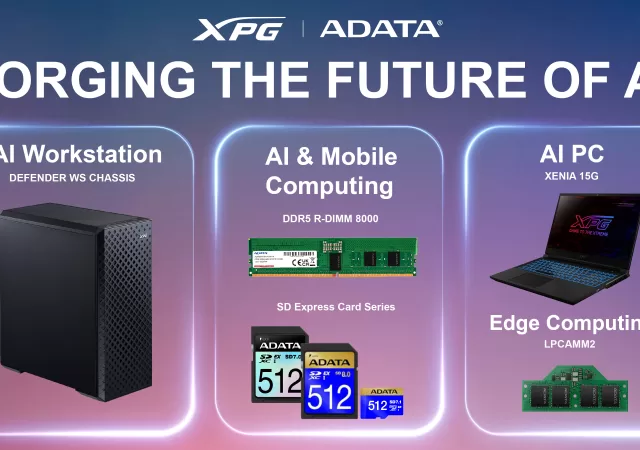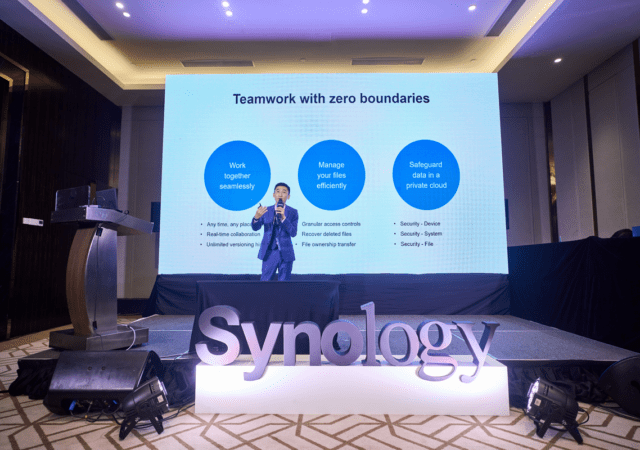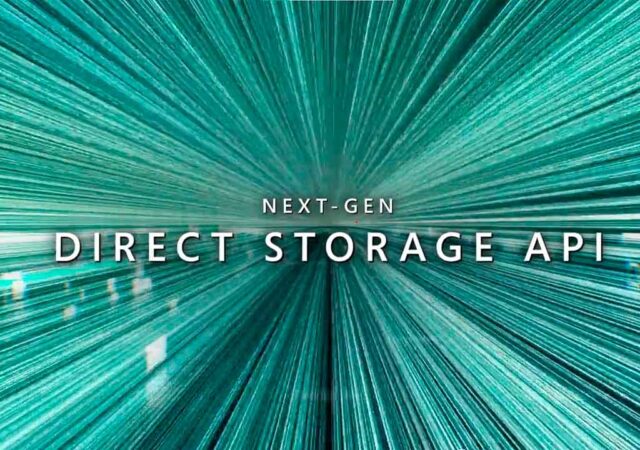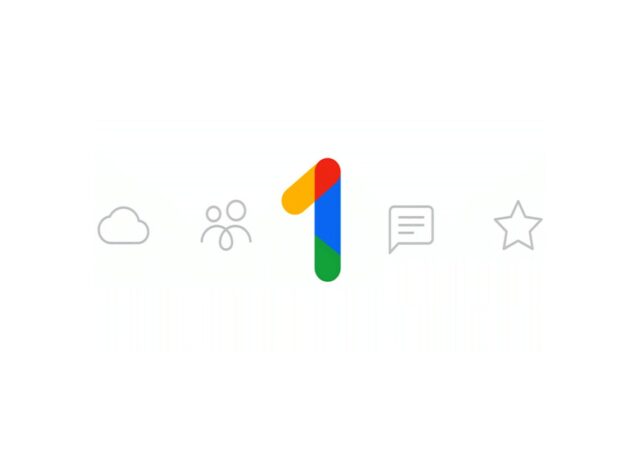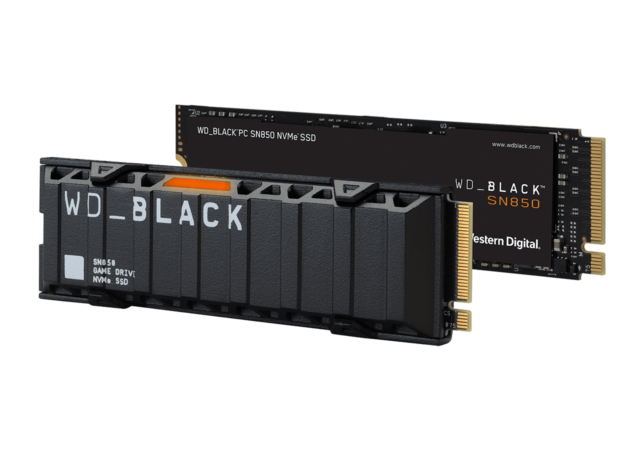ADATA is teasing sustainable, eco-friendly products in addition to its cutting edge memory and gaming solution at COMPUTEX 2024.
Synology Empowers Malaysian Businesses with Cutting-edge NAS Solutions
Synology Solutions Day showcases how to increase data security and productivity for businesses in Malaysia through customized NAS servers and DSM. Solutions include Data Management, Data Protection, Productivity Enhancement, and Surveillance.
Google Play Saves Your Storage by Archiving Your Least-Used Apps Automatically
Google introduces a new function to Google Play to help users manage their storage space by auto-archiving their apps.
Google One Introduces 5TB Storage Plan
Google One introduces the 5TB storage plan to sit between the 2TB and 10TB storage packages at US$ 25 a month onward.
Western Digital Announces the Black SN850 SSD with 7GB/s and 5.3GB/s Read/Write speeds – The New Speed King
Western Digital just released their brand new Black SN850 SSD, the fastest SSD in the world yet with 7GB/s write and 5.3GB/s read speeds.



